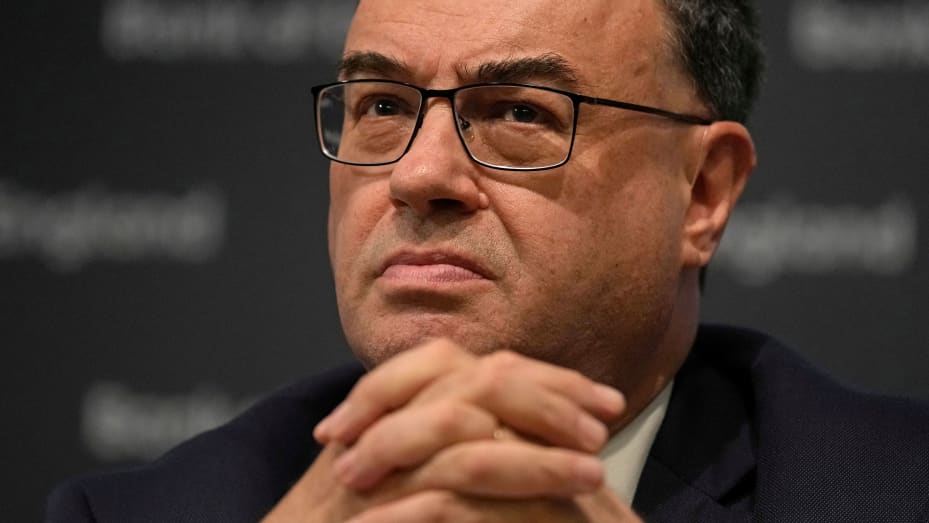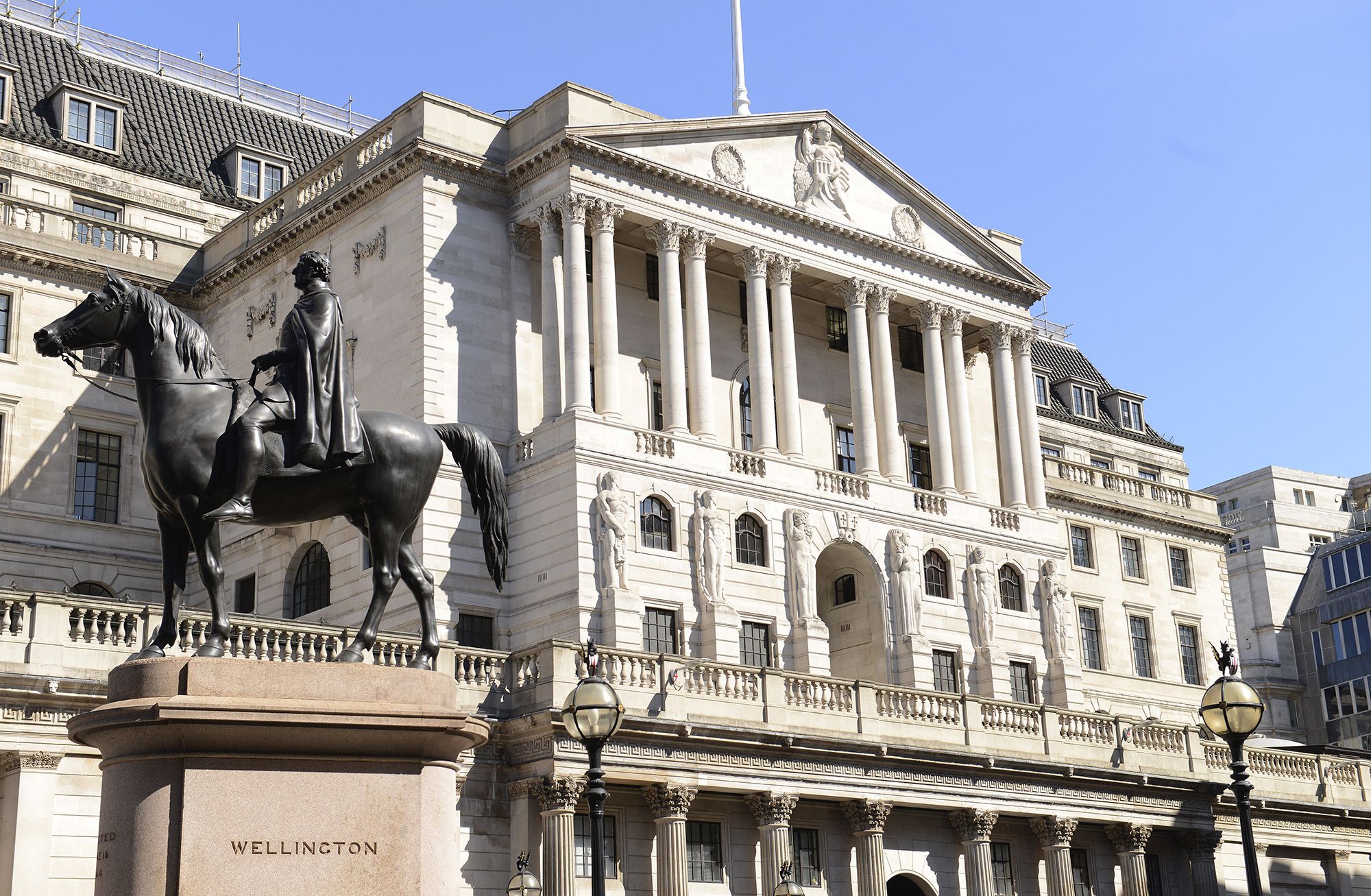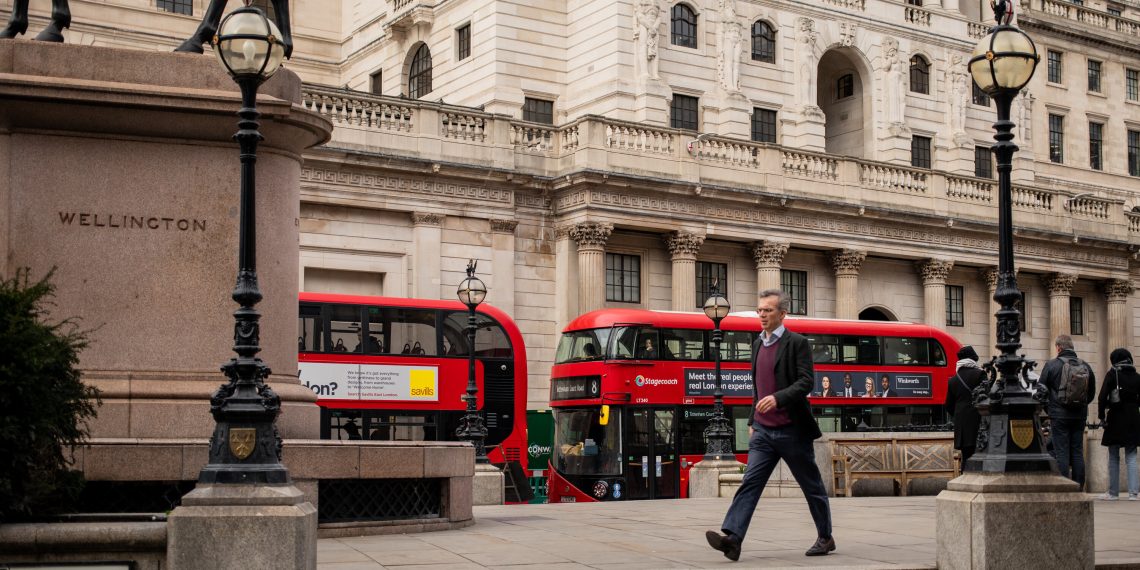The Bank of England (BoE) is likely to maintain its current interest rates next week, refraining from cutting them until there is clearer evidence of inflation easing. Despite other central banks moving towards rate cuts amid the COVID pandemic, the BoE remains cautious.
Governor Andrew Bailey expressed optimism regarding inflation expectations, noting a potential easing of concerns about price-wage inflation spirals. However, Bailey emphasized the importance of assessing the restrictive measures and their duration, particularly amidst uncertainties in labor market data and geopolitical risks.

Analysts anticipate a continued 6-2-1 split among rate-setters in the upcoming decision, signaling a fifth consecutive hold on interest rates. The BoE forecasts a temporary decline in price growth to its 2% target in the second quarter, followed by a rise to nearly 3% later in 2024.
While inflation peaked at 11.1% in October 2022, the BoE remains wary of rapid wage growth. With minimum wage increases and rising pay settlements by employers, concerns persist about sustained inflationary pressures.

Former BoE deputy governor Charlie Bean cautioned against premature optimism, suggesting that the episode may not yet be over. Despite signs of economic recovery, calls for faster rate cuts have been limited, with the BoE expected to lag behind the European Central Bank and the U.S. Federal Reserve in adjusting rates.
Economists predict the BoE may start cutting rates in the third quarter, considering conflicting economic signals and the impact of potential inflation fluctuations. However, a prolonged hold on rates could complicate communications amid uncertainties.
The BoE’s monetary policy decision is scheduled for Thursday, without accompanying economic forecasts.





